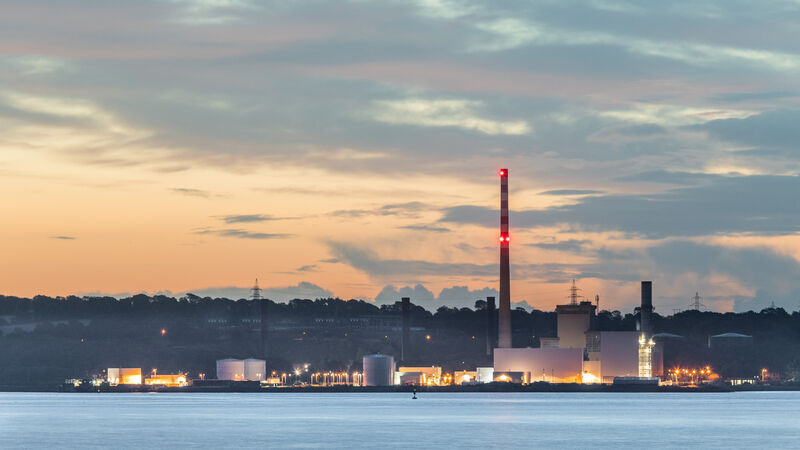Oil prices follow gas adding to global energy crunch

The price run-up has been spurred by soaring European gas prices, which have encouraged a switch to oil for power generation.
Oil prices rose again and are now more than 4% up on the week, as a global energy crunch has boosted prices to their highest for years and prompted China to demand increased coal production.
The price run-up has been spurred by soaring European gas prices, which have encouraged a switch to oil for power generation, and a decision by the Organisation of Petroleum Exporting Countries (Opec) and allies led by Russia to stick to plans to add only 400,000 barrels per day of supply in November.











